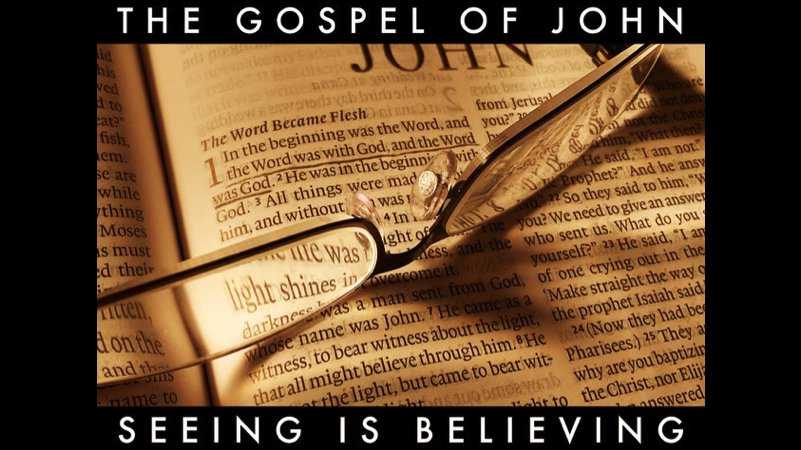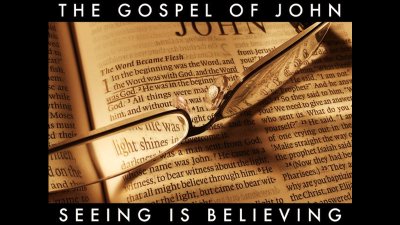When writing a paper, the textbooks advise that you should say what you are going to say, say it, and then say what you said.
If that’s good writing, then John is in full agreement. In his Gospel, he begins in John 1:1-18 with an introduction that introduces to Jesus. For the last twelve chapters, we have seen have he has been saying about Jesus (1:19–12:36), and now as he closes this first half of his Gospel, he is going to summarize his arguments and repeat what he’s said (John 12:37–50).
Indeed, in John’s Gospel we have two parts. John 1–12 is called the Book of Signs. And John 13–21 is the Book of Glory. And this Sunday we come to the end of the first book, which will prepare the way for his second. Importantly, this concluding section rehearses all that Jesus has said in John 1–12 and it calls us to faith, even as it explains why many remain in unbelief.
In preparation for Sunday, take time to read John 12 and then pray that God would have mercy on us and give us faith.
As the Lord allows, I look forward to seeing you Sunday and worshiping our Great King with you.
For His Glory and your joy in Jesus,
Pastor David
------------------------------------------------------------------------------------------------------------------------------
Discussion & Response Questions for John 12:37–50
As we look at the signs of Jesus throughout the Gospel of John, some believe, and others do not believe. What commentary does John offer to explain why many do not believe?
Consider how Isaiah 53:1 is used in John 12, and also in Romans 10.
Why are they unable to believe? (v. 39)
Consider also John’s use of Isaiah 6:10 in verse 40. What does John 12:41 reveal about Isaiah 6?
What does private/unconfessed faith reveal about one’s loves? (vv. 41-43)
What does it look like to publicly confess faith today?
What does Jesus’ teaching in verses 44-50 reveal about his relationship with the Father and his mission in the incarnation?
How is the commandment of the Father (vv. 49-50) eternal life?
How ought we to respond to these truths?
The Great Cosmic Divide: A Biblical Theology of Faith, Unbelief, and (No) Things in Between (John 12
October 23, 2022 • David Schrock • Isaiah 51:1–3, John 12:37–50, Isaiah 6
More from
John




